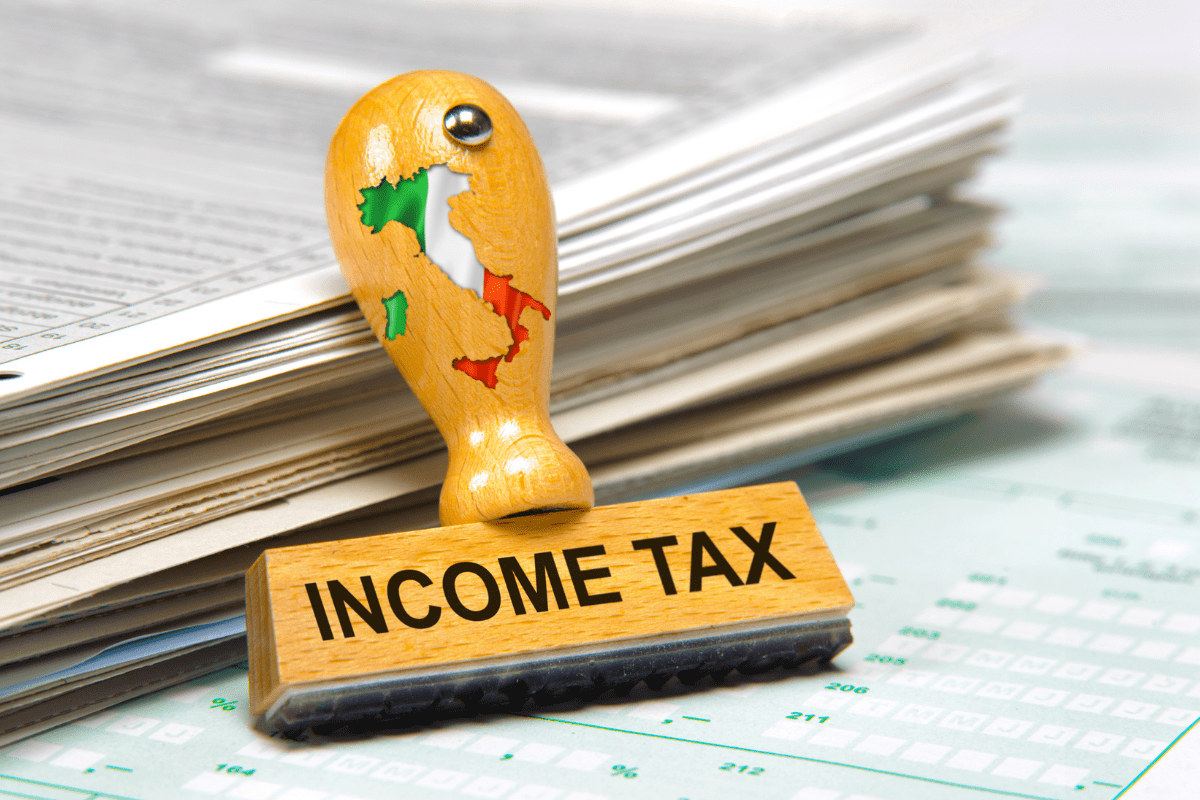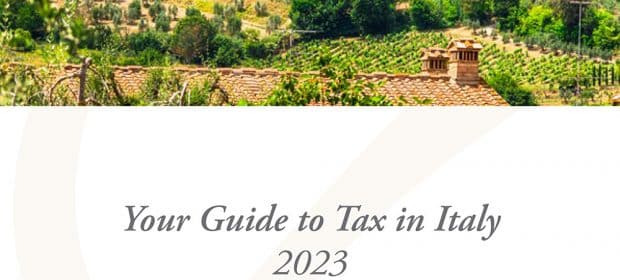I normally like to start a new E-zine or article with a story or some kind of recent experience to try and provide context to what I am about to write. However, because of my lack of travels, I am lacking stories at the moment. In fact, I am now starting to believe that there is a government conspiracy to bore me to death, or they are in collaboration with Netflix to lobotomize me with endless series and films. Lockdown phase 2 is proving somewhat monotonous!
So, with the fact that there isn’t really much to tell you other than work related matters, then we might as well crack on, because the truth is that as a result of Brexit a number of financial things have changed. A lot of my clients are now non-EU citizens (i.e. Brits), and so a better understanding of Italian tax legislation is essential. We have done some extensive digging in this regard and our investigations have sprung up some unwelcome news for some.
The information we found was buried so deep in Italian tax law text that it took us (in reality my colleague Andrew Lawford ended up discovering it through sheer determination and persistence) quite some time to dig it up. So make sure you read the whole E-zine as something might be relevant to you.
I should add that the financial services industry is still trying to work itself out and we should remember that there is no deal for financial services as part of the Brexit trade agreement. A lot of hope is being placed on a potential trade agreement being reached on financial services by the spring, as professed by Rishi Sunak, but I have my doubts.




